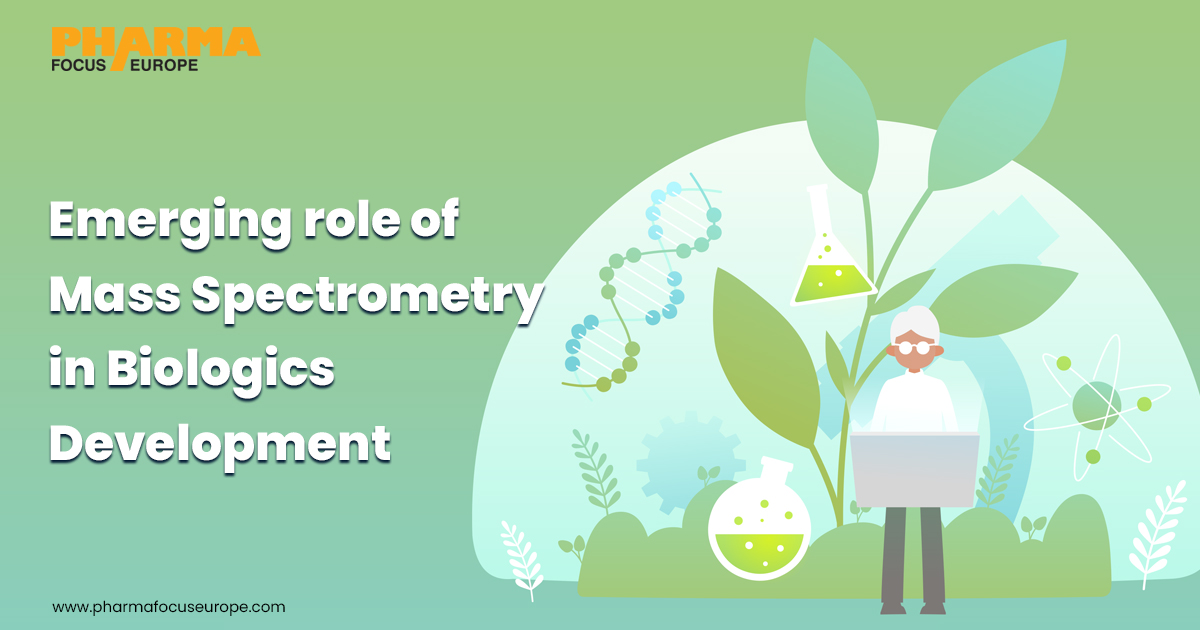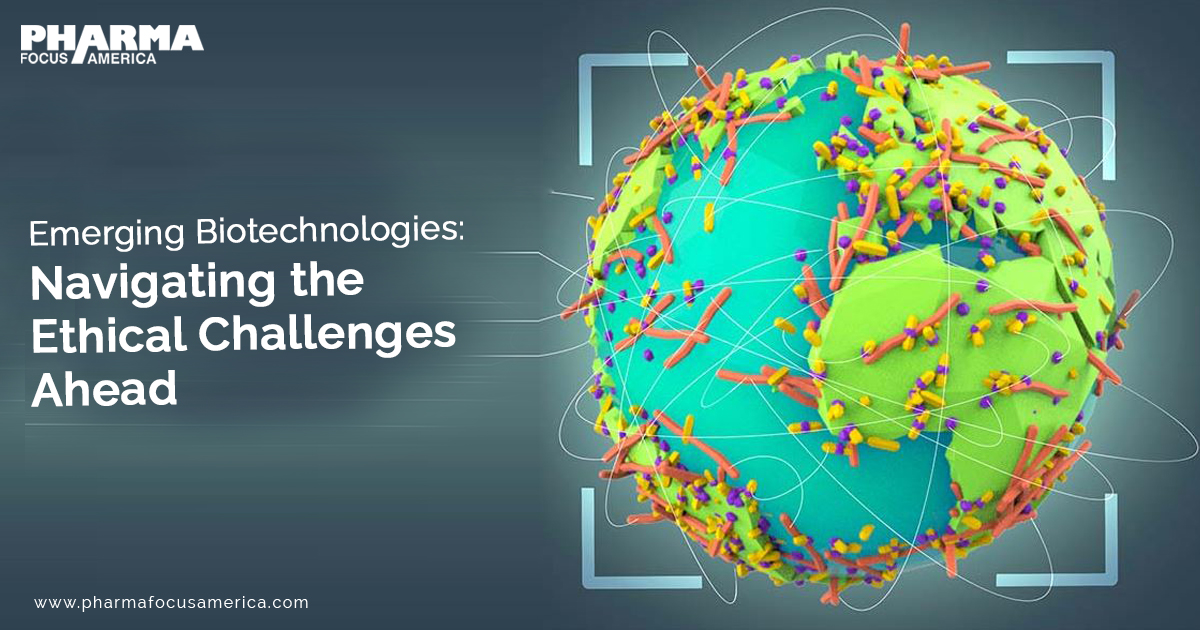 Blog Speed Optimization – Make Google & Users Happy!
Blog Speed Optimization – Make Google & Users Happy!
Advances in Regenerative Medicine: Stem Cells and Tissue Engineering
Written by divyaochre » Updated on: June 17th, 2025

Forming new ideas for regenerative medicine, whose principles are based on cell and tissue engineering, brings changes in approach to the treatment.There is also an awareness of embryonic stem cells as an opportunity of replacing tissues and organs and tissue engineering as the approach of cells and substratum to produce tissues. These development may bring new treatments for a number of diseases in the near future but there are still problems.
Tissue engineering and cell therapy are rapidly developing directions of medicine which are focused on the restoration of injured tissues and organs. This branch of medicine employs the body’s inherent mechanisms to rebuild or restore damaged or impaired organ and/or tissues, thus providing a ray of hope to disorders that have few therapeutic prospects. Stem cells and tissue engineering are two important areas that are seen as pioneers in the progress of regenerative medicine. It is time to discuss these promising developments using concepts that are easy for everybody to grasp.
Stem Cells: The Building Blocks of Regeneration
Stem cells are unique cells predominantly defined by their capability to both renew themselves and give rise to specialized cells of the human body. It behaves more like a fix-it system; they can differentiate into any type of cell, which could be muscle, nerve, blood or the rest. In regenerative medicine, there are two main types of stem cells used:
Embryonic Stem Cells: Derived from three-layered early-stage embryos, this kind of stem cell is capable of developing into nearly all the specializations of cells all over the human body. The ascribed approaches have a great deal of promise for curing a number of ailments although they have further implications for ethics as well as technicality.
Adult Stem Cells: These are in the different body tissue like the bone marrow or the fat. Adult stem cells are said to differentiate slightly less than embryonic stem cells but are not as much of a debate, easier to manipulate, and free of much ethical problems. They are already applied in scenarios such as the transfer of bone marrow intended for use by cancer patients.
Applications of Stem Cells
Regenerating Tissues: These cells are reported to have the prowess of turning or replacing tissues that have been affected. For instance, they can rebuild the heart muscles after a heart attack or fix the damages that have happened to the spinal cord.
Regenerating Tissues:
Creating Organs: Transplantation is on the way being discovered by scientists and it is a procedure of cultivating organs with the help of stem cells. This could one day help solve a major dilemma i.e. shortage of organs for transplant all over the country.
Treating Diseases: The treatments with stem cells are likely to be employed with diabetes, Parkinson’s disease, arthritis among others in as much as the affected cells are replaced with stem cells.
Tissue Engineering: Growing New Tissues
Tissue engineering can be described as a process that involves cells, material, and bio active agents that help in forming new tissues or an organ. This area is to develop functional tissue/organs which are meant to offer a physical substitute to the ones that failed or were affected by a disease. Here’s how it works:
Scaffolds: Scientists are also involved in design and development of a scaffold and this can be described as the framework that creates a natural milieu for the tissues.
Cells: It is common to place cells; in some cases it is stem cells on the surface of a scaffold. Hence they self-renew and hence they progressively specialize to form the structure and or the function of the need tissue.
Stem cell therapy
Growth Factors: To guarantee that the cells will develop into the right characteristics for the tissues necessary, there are products known as growth factors.
Applications of Tissue Engineering
Skin Grafts: Medical experts have currently used it in the designing of artificial skin to be used on burn patients. These grafts help in tissue repair at any time there is an injury and the development of a scar.
Bone Regeneration
Cartilage Repair: Scientists today are attempting to culture bones for fractural cases or for replacement of damaged bones.
Bone Regeneration: Ethical issues are associated with embryonic stem cells, thus; scientist are in a search of better solutions.
Challenges and Future Directions
While the advancements in stem cells and tissue engineering are promising, there are still challenges to overcome:
Ethical Concerns: There is controversy concerning the application of embryonic stem cells and researchers are looking for substitutes.
Technical Challenges: Tissue and organ regeneration is a challenging task and more and more research needs to be done to develop these procedures.
Safety and Efficacy: The most important aspect is that the stem cell therapies and engineered tissues are safe and effective. These must be conducted for years in order to assess the advantages of these products despite the fact that they are already in the market.
Conclusion
Adult stem cells, tissue engineering, and other important areas are some of the fields that are on the rouge of regenerative medicine / therapeutics in the treatment of several disease. These approaches activate a range of internal biological processes and focus activities on the search for new ways of restitution and rebuild of tissues. These technologies still hold the potential of changing simple aspects of wound and diseases treatment as the research removes all barriers and opens possibilities of healing millions of people around the world.
Visit: https://www.pharmafocusamerica.com/articles/advances-in-regenerative-medicine
Follow us:
Facebook https://www.facebook.com/PharmaFocusAmerica/
LinkedIn https://www.linkedin.com/company/pharmafocusamerica/
Twitter https://x.com/pharmafamerica
Instagram https://www.instagram.com/pharma423/
Pinterest https://in.pinterest.com/robinjack153/
Note: IndiBlogHub features both user-submitted and editorial content. We do not verify third-party contributions. Read our Disclaimer and Privacy Policyfor details.
Copyright © 2019-2025 IndiBlogHub.com. All rights reserved. Hosted on DigitalOcean for fast, reliable performance.

















